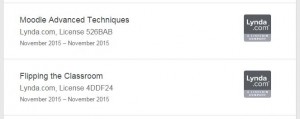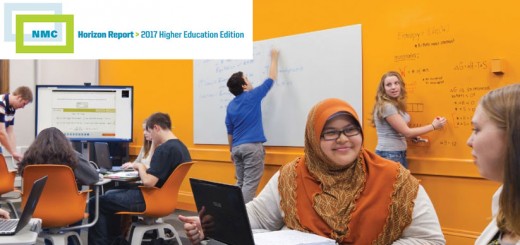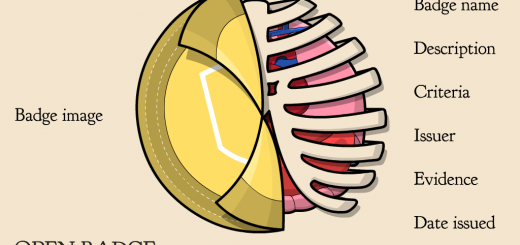Learn with Lynda: How to Make Accessible Learning
July’s Learn with Lynda course was released only last month and is called How to Make Accessible Learning. This 50 minute course is a great introduction to accessibility issues that can arise at any level in education and offers some simple tips on how an accessible learning design can benefit all students, regardless of any additional needs they have.
Do all students have equal access to the learning resources and opportunities in your classroom?
Topics include:
- What is accessible learning?
- Accommodating different needs, from vision impairments to lack of digital access
- Adapting presentations, responses, and timing
- Using an LMS to make learning more accessible
- Adding alt text to images
- Adding closed captioning to videos
At York St John we pride ourselves on our inclusive community and, while legal obligations under the Equality Act 2010 specify that reasonable adjustments are required by law, there is also a moral imperative to ensure that all students and staff members are treated with dignity and respect and that reasonable adjustments can be easily achieved through inclusive approaches that are designed into learning from the outset. The legislation that is touched upon briefly in this lynda.com video is specific to the US, but the rest of the content is universally applicable.
Universal Design for Learning (UDL) is a set of principles for curriculum development that offer flexible approaches that can be adjusted for individual students’ needs. As part of Disability History Month between 22 November and 22 December 2015, we published a number of blog posts that covered all things accessibility related, from the Universal Design for Learning, creating accessible documents and presentations and adding subtitles and captions to videos. After you’ve had an introduction to accessibility through this month’s Learn with Lynda course, why not explore some of the posts below:
- Getting Started with Accessibility and Inclusion
- Video and Inclusivity: Captions and Subtitles
- Universal Design for Learning
- Accessibility in Moodle & Mahara
- Creating Accessible Documents and Presentations
- Assistive Technology at York St John
Do you already build in accessibility and inclusivity into your teaching, both in the classroom and through the resource you provide online? Did you find the course and our related blog posts helpful? Let us know in the comments below.
If you would like more information about how you can make your Moodle resources more accessible, please don’t hesitate to contact the TEL Team at tel@yorksj.ac.uk.
P.S. Did you know? You can integrate your lynda.com course completion certificates with your LinkedIn profile – and share the skills and knowledge you’ve acquired. Simply ‘Share’ your certificate of completion and select ‘Post to LinkedIn profile’!



